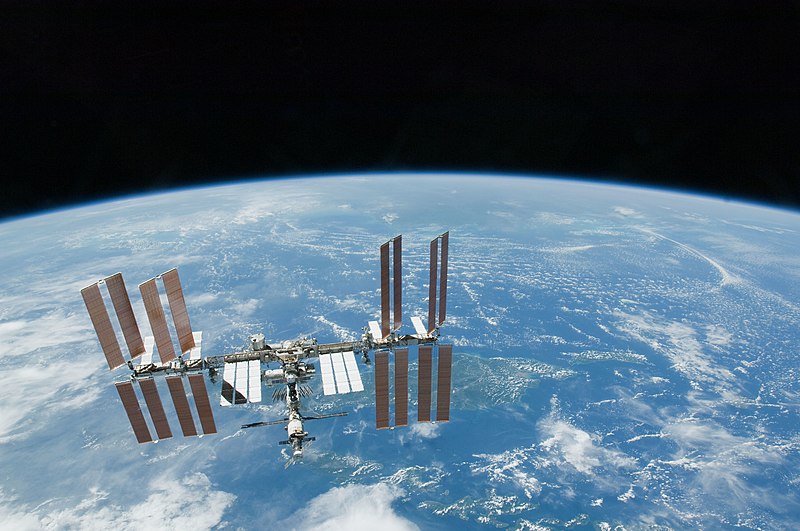Global Brain
The global brain is a metaphor for the worldwide intelligent network formed by all the individuals on this planet, together with the information and communication technologies that connect them into a self-organizing whole. As the internet becomes faster, more intelligent, and more encompassing, it increasingly ties us together into a single information processing system, which functions like a nervous system for the planet Earth. The intelligence of this network is collective or distributed: it is not centralized or localized in any particular individual, organization or computer system. It rather emerges from the dynamic networks of interactions between its components, a property typical of complex adaptive systems.
The World-wide web in particular resembles the organization of a brain with its webpages (playing a role similar to neurons) connected by hyperlinks (playing a role similar to synapses), together forming an associative network along which information propagates. This analogy becomes stronger with the rise of social media, such as Facebook, where links between personal pages represent relationships in a social network along which information propagates from person to person. Such propagation is similar to the spreading activation that neural networks in the brain use to process information in a parallel, distributed manner.

Although the underlying ideas are much older, the term “global brain” was coined in 1982 by Peter Russell in his book The Global Brain. How the Internet might be developed to achieve this was set out in 1986. The first peer-refereed article on the subject was written by Mayer-Kress and Barczys in 1995, while the first algorithms that could turn the world-wide web into a collectively intelligent network were proposed by Francis Heylighen and Johan Bollen in 1996.
Organicism
In the 19th century, the sociologist Herbert Spencer saw society as a social organism and reflected about its need for a nervous system. Entomologist William Wheeler developed the concept of the ant colony as a spatially extended organism, and in the 1930s he coined the term superorganism to describe such an entity. This concept was later adopted by thinkers such as Gregory Stock in his book Metaman and Joel de Rosnay to describe planetary society as a superorganism.
The mental aspects of such an organic system at the planetary level were perhaps first broadly elaborated by paleontologist and Jesuit priest Pierre Teilhard de Chardin. In 1945, he described a coming “planetisation” of humanity, which he saw as the next phase of accelerating human “socialisation” (British spellings). Teilhard described both socialization and planetization as irreversible, irresistible processes of macrobiological development culminating in the emergence of a noosphere, or global mind.
Encyclopedism
In the perspective of encylopedism, the emphasis is on developing a universal knowledge network. The first attempt to create such an integrated system of the world’s knowledge was the Encyclopédie of Denis Diderot and Jean le Rond d’Alembert. However, by the end of the 19th century, the amount of knowledge had become too large to be published in a single synthetic volume. To tackle this problem, Paul Otlet founded the science of documentation, now called information science, eventually envisaging a World Wide Web-like interface that would make all the world’s knowledge available immediately to anybody. H. G. Wells proposed the similar idea of a collaboratively developed world encyclopedia, which he called a World Brain, as it would function as a continuously updated memory for the planet.
Tim Berners-Lee, the inventor of the World Wide Web, too, was inspired by the free associative possibilities of the brain for his invention. The brain can link different kinds of information without any apparent link otherwise; Berners-Lee thought that computers could become much more powerful if they could imitate this functioning, i.e. make links between any arbitrary piece of information. The most powerful implementation of encyclopedism to date is Wikipedia, which integrates the associative powers of the world-wide web with the collective intelligence of its millions of contributors, so as to produce a true “global memory” describing the world in all its aspects.
See also: